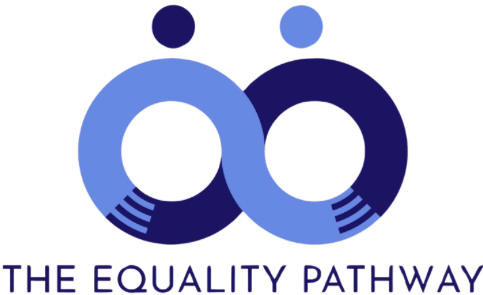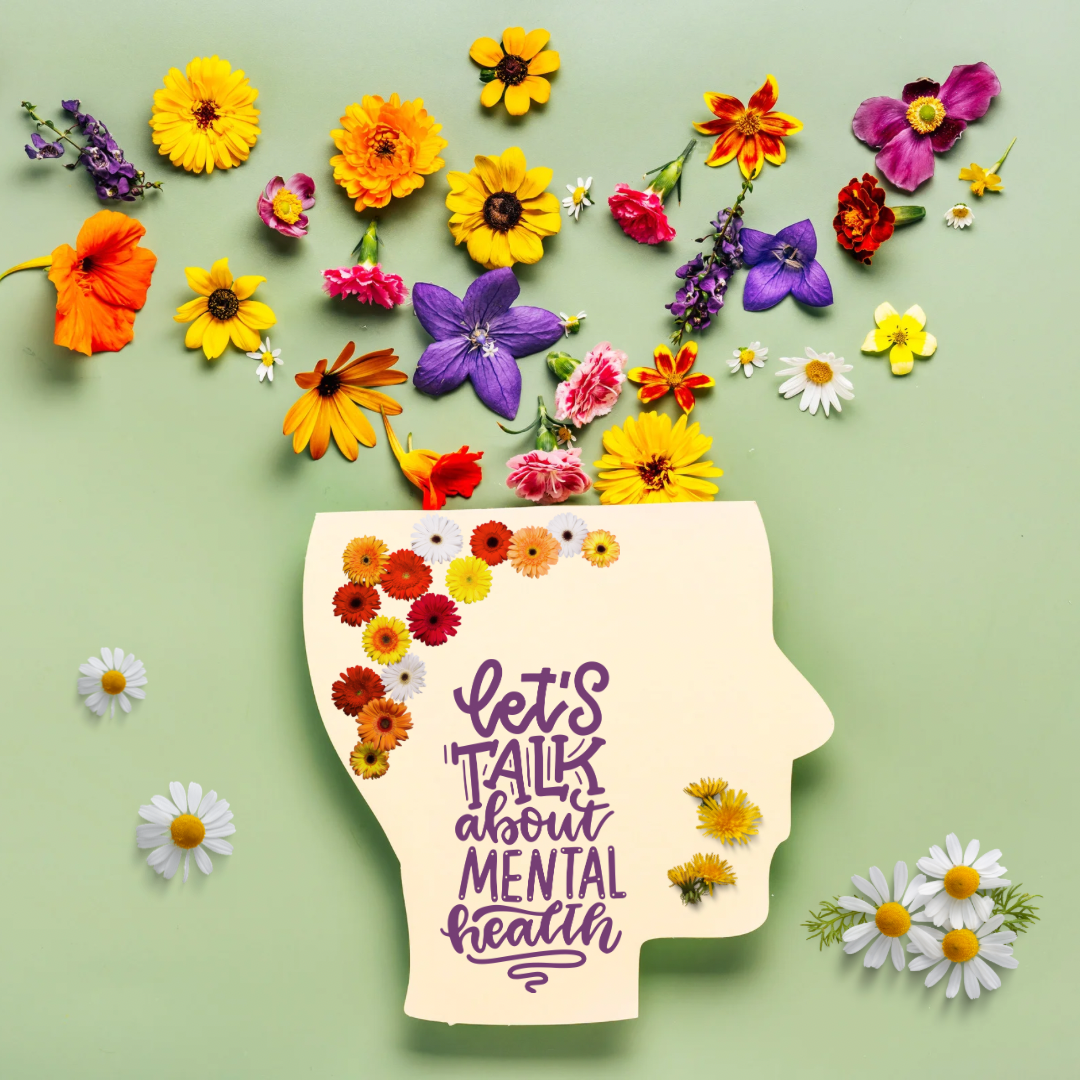Protecting your Peace is an Act of Resistance: Reclaiming Mental Wellbeing in Nigerian Queer Communities
Every year on October 10, the world pauses to recognize World Mental Health Day, a time to reflect on the importance of emotional wellbeing, to challenge stigma, and to advocate for systems that support healthy minds. This year’s theme — “Mental Health is a Universal Human Right” — is a powerful reminder that everyone, regardless of who they are or who they love, deserves access to care, compassion, and community.
For Nigerian queer communities, the topic of mental health isn’t just important — it’s deeply personal. Living in a country where queer identities are often criminalized, misunderstood, or met with hostility creates a constant state of emotional tension. Many queer Nigerians navigate the world balancing visibility and survival, self-expression and safety. Over time, that pressure takes a toll.
But while the challenges are real, so are the ways to heal. The resilience of Nigeria’s queer community — its laughter, creativity, and unwavering spirit — continues to be a source of hope and strength.
Below are ways Nigerian queer individuals and communities can take better care of their mental health, individually and collectively.
1. Build Safe Circles and Community Support
Isolation is one of the biggest triggers for mental distress. Building safe, affirming communities — whether in-person or online — can be a lifeline. Trusted friends, queer-led organizations, and peer support spaces provide belonging and validation. Platforms like The Equality Pathway, TRAHI Nigeria, TPLP Initiative, and TIERS Nigeria are examples of community spaces that center queer wellbeing and inclusion.
Remember: you are not alone. The strength of community can make even the heaviest burdens feel lighter.
2. Normalize Talking About Mental Health
Many Nigerians still see mental health struggles as weakness or “foreign problems.” This silence fuels shame. Within queer spaces, we can change that narrative by talking openly about anxiety, depression, trauma, and burnout. Encourage friends to seek help. Share coping tips. Make vulnerability a normal part of community life. When we speak, we heal — and we help others realize they’re not alone in their struggles.
3. Create Personal Boundaries
Protecting your peace is an act of resistance. Set limits with people who drain your energy or invalidate your identity. It’s okay to say no — to family expectations, to online arguments, to spaces that don’t affirm your existence. Boundaries aren’t selfish; they’re self-care in action.
4. Seek Culturally-Aware Mental Health Support
While access to therapy in Nigeria can be limited, there are growing networks of mental health professionals who are queer-affirming or trauma-informed.
Organizations like She Writes Woman, Mentally Aware Nigeria Initiative (MANI), and PsychebabbleNG offer services or referrals for counseling and emotional support. If professional help feels out of reach, community listening circles or anonymous online chats can be valuable starting points.

5. Practice Mindfulness and Grounding Techniques
In a world that constantly challenges your existence, learning to pause and breathe becomes revolutionary. Try grounding practices such as:
- Journaling your thoughts or gratitude moments.
- Practicing deep breathing or meditation.
- Taking mindful walks, dancing, or connecting with nature.
- Engaging in creative outlets — music, fashion, storytelling, or art — that express joy and identity.
Your body and mind deserve moments of peace.
6. Celebrate Joy and Visibility
Queer joy is healing. Amid struggle, it’s vital to celebrate small wins, friendships, love, and the beauty of being yourself. Organize hangouts, storytelling nights, or art circles that affirm life and laughter. Joy can be a radical form of resistance — and a reminder that queer lives are full, deserving, and worth celebrating.
7. Advocate for Systemic Change
True mental health care extends beyond individual coping. It requires safe laws, inclusive policies, and accessible services. Queer Nigerians and allies can continue to push for reforms that promote equality, inclusion, and mental health support in schools, workplaces, and healthcare systems. Our collective voice can challenge stigma and reshape the landscape for generations to come.
On this World Mental Health Day, may we remember that mental health is not a privilege — it’s a right. For Nigerian queer communities, healing means more than survival; it means reclaiming peace, joy, and the freedom to live authentically. Let’s keep showing up for ourselves and for each other — because every mind deserves care, and every person deserves to be seen, loved, and safe.


